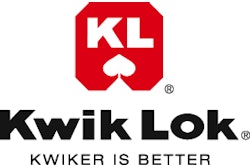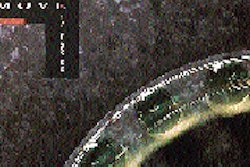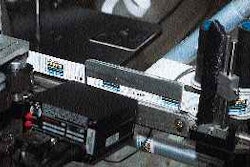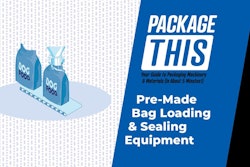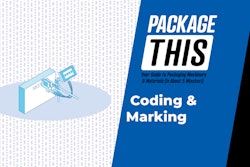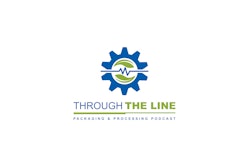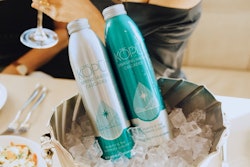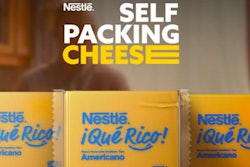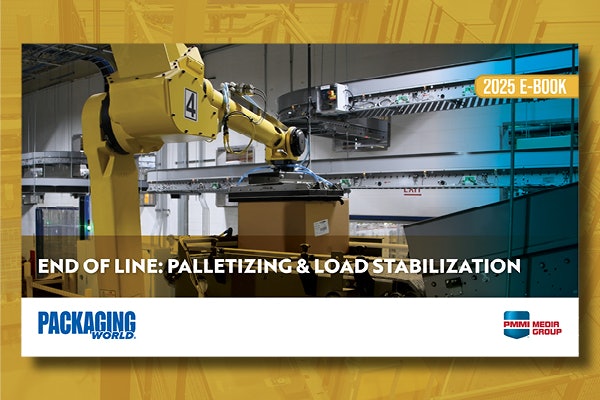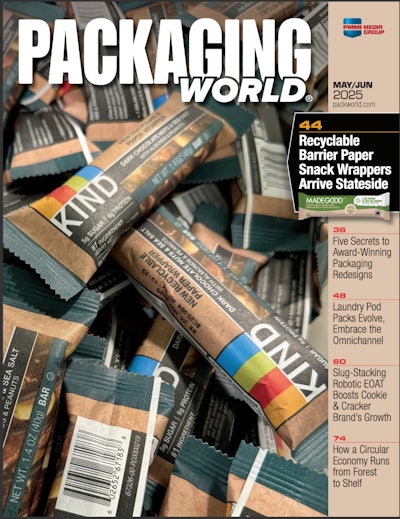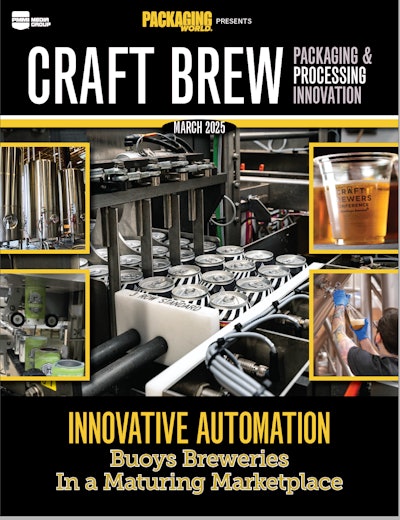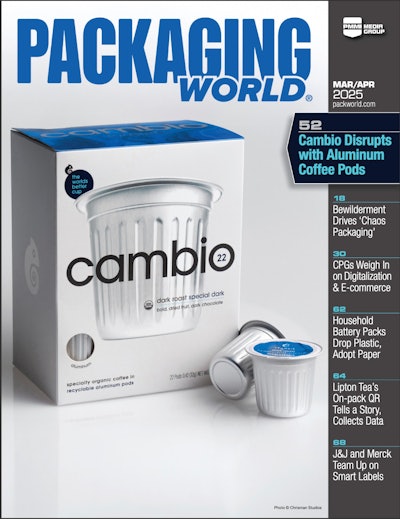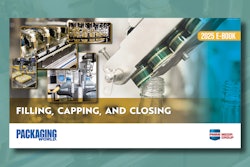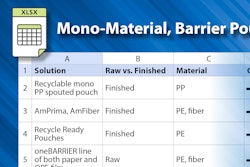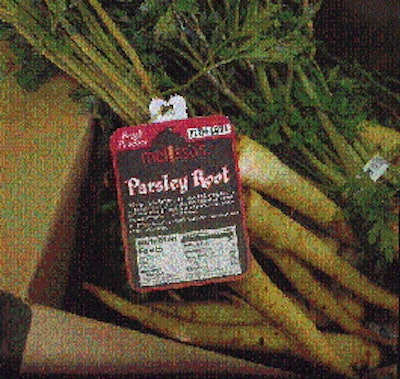
From pearl onions to pomegranates, specialty produce wholesaler World Variety Produce, which markets under the Melissa's® brand name, lists over 500 types of fruits and vegetables on its order forms. For grocery store employees, learning the peas and chayotes of this Vernon, CA-based company's extensive product lines is not easy. Yet it's essential to correct marketing and pricing. Accordingly, product identification is critical to the consumer--and crucial to having a consumer. World Variety found that its labeling was not providing the desired results. "We used a flimsy acetate with a rubber band threaded through a punched hole," says Debra Cohen, director of marketing and product development at World Variety. These would tear and fall off, or simply get lost in the leafy bunches of product. Also, the application of these rubber-banded tags was time consuming and required much manual labor. The company's change to a Kwik Lok® tag (Yakima, WA) two years ago changed all that. "We got together with Kwik Lok to develop a label format that would be more convenient to apply. The Kwik Lok tag stays on when you need it to, yet it's easy to take off in the home." The new identification system is so much better, Cohen believes it has played a big role in generating sales increases as high as 300% in some chains. Because of material price increases and additional costs like artwork, Cohen says it's difficult to quantify cost of the new labels. "It costs more," she says, "but we feel it's worth it." The tag itself is made of Teslin®, a synthetic polyolefin from PPG Industries (Pittsburgh, PA). It's waterproof and grease-resistant. Its offset printing offers some distinct advantages over vinyl, according to James Paxton, director of advertising at Kwik Lok. "Teslin prints almost like paper," he says. "Other plastic label materials require special inks that take time to dry. Teslin accepts easy-to-print, low-tack ink, which is virtually dry when it comes off the press." World Variety uses a tag measuring 3" x 4". This allows plenty of room for the Melissa's brand name and graphics, storage and serving suggestions, nutrition facts and a PLU, or product look-up number. The PLU is used by stores at the check-out line to identify products without an SKU. For added convenience at the check-out counter, the PLU number is repeated on the reverse side along with the "Five a day for better health!" logo, company address and a recipe. "The recipes are a convenient way for shoppers to learn how to use World Variety products," says Cohen. "Education is definitely key for us. We can sell tons of commodities to retailers, but we need consumers to buy them on the other end." That the tags remain on products is also key--not just because the company has paid so much attention to detail, but because the tags are the only source of brand identification. "As a consumer I'm going to buy the product with the label I like," Cohen states, "even if it costs ten cents more." Kwik Lok's patented plastic clip, attached to the rubber bands around bunches of produce, ensures that it will stay on. Produce is first shipped to World Variety from a variety of growers. "We get it in loose in bulk cartons," Cohen explains. "Most of it is already cleaned, but we repackage it to verify the quality in every bunch." Bunches are banded together with rubber bands and the tags applied. Then the bunches are put on ice in corrugated cartons where they await shipment to grocery stores across the U.S.



